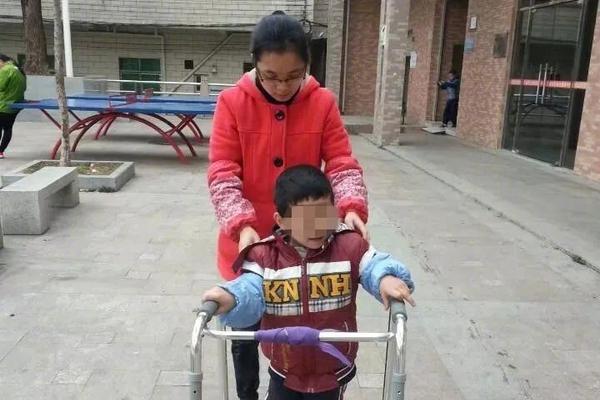您现在的位置是:探客的实验室 > 文章
The Hidden Lessons in English: When "Failure" Becomes the Best Teacher
探客的实验室2025-11-03 09:25:33【文章】5人已围观
简介Every language learner has encountered those cringe-worthy moments when a simple English phrase came
Every language learner has encountered those cringe-worthy moments when a simple English phrase came out completely wrong. These failure education stories in English often become our most memorable - and surprisingly effective - learning experiences. While textbooks teach grammar rules, it's the embarrassing miscommunications that truly cement language skills into our brains.
Why Failed Attempts at English Create Unforgettable Lessons
The human brain remembers emotional experiences with remarkable clarity. That time you accidentally told your host family you were "horny" (instead of "homesick") or when you confused "soup" with "soap" at a restaurant - these failure education moments create neural pathways far stronger than any vocabulary drill. Cognitive scientists confirm that mistakes accompanied by strong emotions lead to deeper, more permanent learning.

The Science Behind Learning Through English Blunders
Studies in language acquisition reveal that errors trigger heightened awareness and mental correction mechanisms. When we say "I have 25 years" instead of "I'm 25 years old," the immediate social feedback (laughter or confusion) creates a mental bookmark our brains won't easily forget. This explains why immersion learners often progress faster than classroom students - they accumulate more educational failures in English that force rapid adaptation.

Classic English Mistake Stories Every Learner Should Know
Some failure education anecdotes have become legendary among English teachers. There's the Japanese businessman who told his American colleagues "I'm so excited to eat your wife's cooking" (meaning "I'm excited to meet your wife and eat her cooking"). Or the German student who proudly announced she was "constipated" when she meant "preoccupied." These stories aren't just funny - they highlight crucial gaps in cultural understanding that formal education often misses.

Turning English Embarrassments Into Teaching Moments
Smart language educators now intentionally create safe spaces for productive failure in English learning. Role-playing exercises where students must recover from accidental insults or misunderstood idioms build resilience and quick thinking. One innovative teacher has students keep "mistake journals" where they record and analyze their errors - transforming cringe into conscious learning.
How Famous Polyglots Learned From English Mishaps
Lydia Machová, a renowned language mentor, credits her fluency to systematically studying her mistakes. After telling an English friend she needed to "borrow the toilet" (instead of "use the bathroom"), she researched why the phrase sounded odd. This led her to discover the fascinating world of English euphemisms - knowledge no textbook had provided. Her experience proves that educational failures in English often reveal the language's hidden cultural logic.
These failure education stories in English remind us that language isn't just about correctness - it's about connection. Every awkward moment contains the seed of deeper understanding. So the next time your English fails you spectacularly, smile knowing you're collecting the kind of wisdom that can't be taught, only experienced.
很赞哦!(43)







